Physics
-
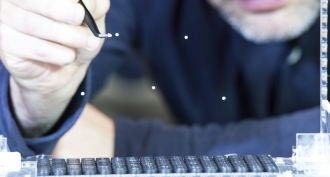 Physics
PhysicsSound ways — literally — to move and filter things
New technologies use sound waves to move and levitate objects. It’s not magic — it’s acoustophoresis.
By Dan Garisto -
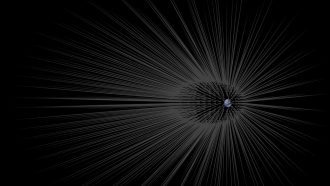 Physics
PhysicsIf dark matter particles could kill us, they would have already
Dark matter is a mysterious substance. The fact that no one has been killed by it suggests it is relatively small and light.
-
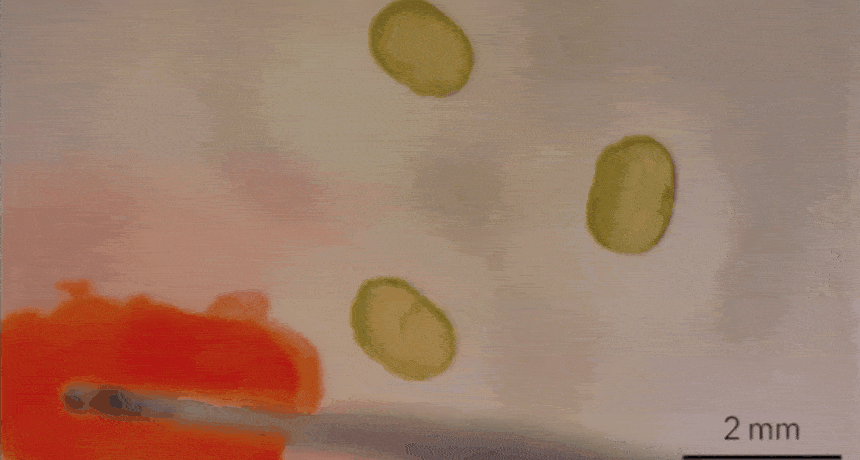 Physics
PhysicsTiny new magnets are not only squishy but also liquid
Researchers have just created liquid droplets that behave like tiny bar magnets. The movement of these external magnets might help control robots and more.
-
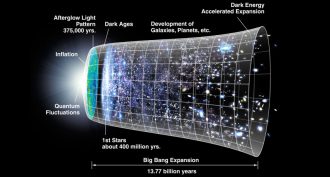 Physics
PhysicsScientists Say: Big Bang
The Big Bang is the current theory about how our universe came to be. It began with a vast explosion of matter — a very Big Bang.
By Bethany Brookshire and Trisha Muro -
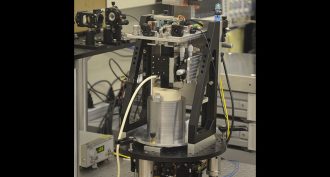 Physics
PhysicsThis device turns the kilogram’s new definition into a real mass
A new suitcase-sized device will be able to measure small masses — around 10 grams — with surprising accuracy.
-
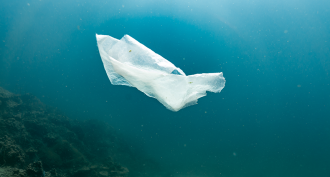 Environment
Environment‘Biodegradable’ plastic bags often don’t break down
Biodegradable plastic bags are supposed to break down more quickly than ordinary plastics. But that may not happen, a study finds.
-
 Physics
PhysicsFireworks shower the skies with science
Filling the night sky with fireworks requires the help of chemists, electrical engineers and people who can choreograph theatrical shows.
By Sid Perkins -
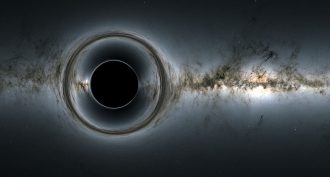 Physics
PhysicsBlack holes might have a temperature
Physicists made a mock black hole in their lab. They used it to show the real, celestial black holes have a slight temperature.
-
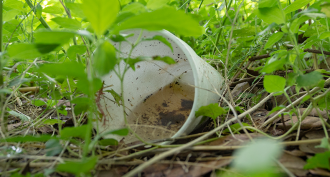 Materials Science
Materials ScienceTrees may become the key to ‘greener’ foam products
Scientists have made an environmentally friendly alternative to plastic-based foams to help keep things cool.
-
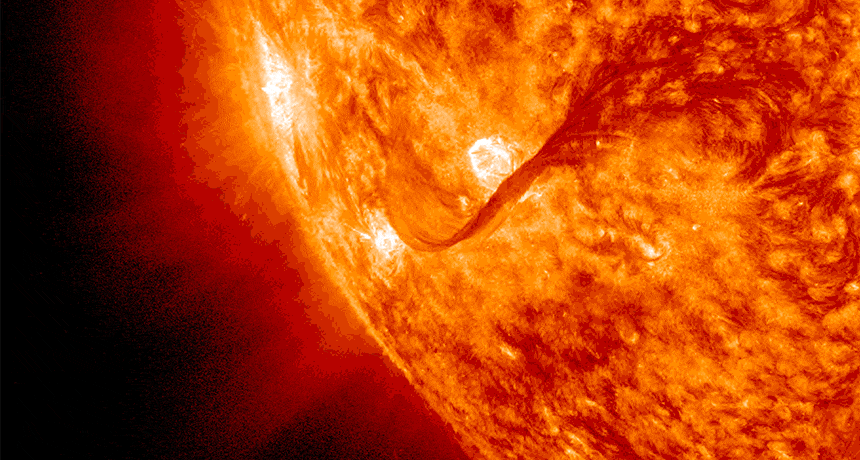 Climate
ClimateSpace weather forecast: Big storms ahead
Scientists studying blobs of energetic particles shot from the sun may help us prepare for stormy consequences on Earth.
-
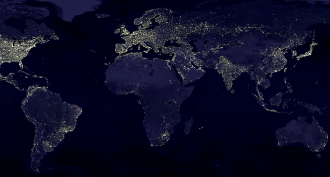 Physics
PhysicsScientists Say: Light pollution
Light pollution is when artificial light shines into places that are normally dark. It can disrupt the lives of plants, animals and people.
-
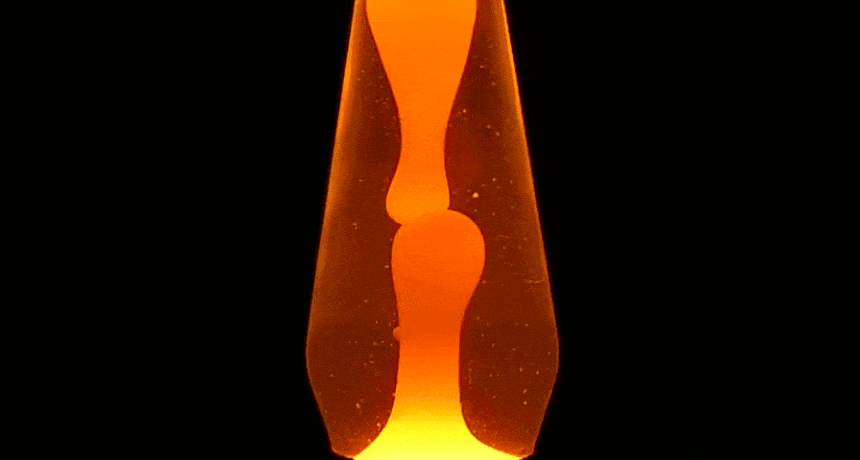 Physics
PhysicsDry sand can bubble like the blobs in a lava lamp
Put two types of sand grains together in a chamber and they can flow like fluids. All it takes is a jiggle and some gas.